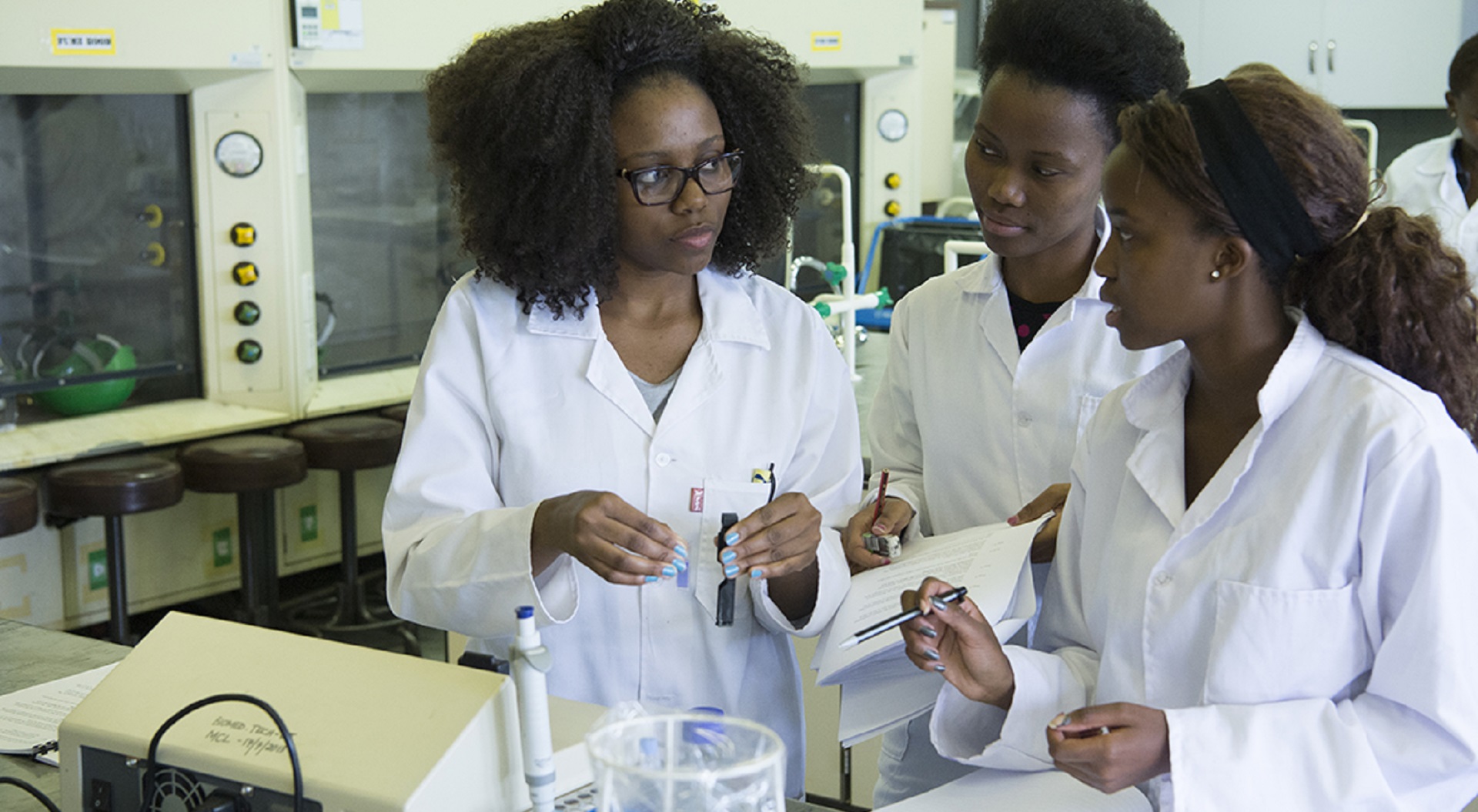Biomedical Sciences
A Biomedical Technologist works in a laboratory, and analyses specimens from the human body. These specimens may include blood, body fluids and tissue. The specimens are analysed in the four major disciplines, for example, Microbiology which involves the impact of micro-organisms on or in the human body; Chemical Pathology which examines the normal and abnormal blood chemistry of the body for example cholesterol, blood glucose and hormonal levels. Our department of Biomedical Sciences offers a four year Bachelor of Health Sciences in Medical Laboratory Science require an APS of 30 with Mathematics. Application open on the 1st April of every year.
Study Biomedical Sciences
Medical laboratory scientists, traditionally known as medical technologists, play an integral part in patient care. Tests in the laboratory can be as simple as testing for confirmation of a pregnancy or as complex as tests used to monitor treatment of HIV, cancer and diabetes. Medical laboratory scientists conduct tests in an ethical, accurate and timely manner. Blood, body fluids and tissue from the human body are analysed in the chemical pathology, hematology, microbiology, histology, cytology or virology departments of a diagnostic laboratory. Laboratory tests results play a major role in guiding clinician’s decisions around hospital admission, surgical interventions and treatment choices. Read more about us…
Postgraduate
The phasing out of the Diploma qualification will follow the rules and regulations of the University of Johannesburg. According to the institutional rules and regulations, it allows for a minimum of three (3) years for one to complete the National Diploma after registration, and a maximum of five (5) years. That means, for example, the students who registered in 2019 will have until 2023 to complete their Diploma. Read more…
Collaborations


